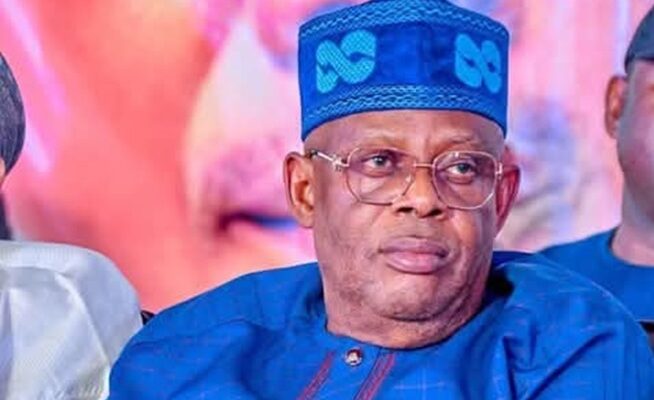Nigeria’s inability to provide consistent electricity costs the nation an estimated $25 billion every year. This staggering loss significantly hampers economic growth and limits digital inclusion across the country. Abba Aliyu, Managing Director of the Rural Electrification Agency (REA), highlighted these concerns during a recent conference in Abuja.
The Economic Impact of Power Shortages
The lack of reliable electricity supply in Nigeria has wide-ranging repercussions. Businesses, especially small and medium enterprises, struggle to operate efficiently without stable power. As a result, many companies face increased operational costs, which stifles growth and innovation. This situation has led to a high unemployment rate, with many young Nigerians unable to find jobs.
Aliyu emphasized that the annual loss of $25 billion could be redirected towards critical sectors such as education and healthcare. The funds could also support infrastructure development and technology innovation. Without addressing the electricity crisis, Nigeria risks falling further behind other nations in terms of economic development.
Moreover, the lack of electricity affects digital inclusion. Many Nigerians, particularly in rural areas, do not have access to the internet or digital services. This digital divide limits opportunities for education and skills development, further entrenching poverty. Aliyu noted that bridging this gap is essential for empowering citizens and fostering economic growth.
A New Partnership for Sustainable Solutions
In response to the ongoing electricity crisis, the REA is exploring partnerships to enhance power supply across Nigeria. The agency is focused on promoting renewable energy sources as a sustainable solution. By investing in solar, wind, and other renewable technologies, Nigeria can diversify its energy mix and reduce dependence on fossil fuels.
The REA aims to work with both local and international stakeholders to implement these renewable energy projects. By leveraging innovative financing models, the agency hopes to attract investments that can support large-scale deployment of clean energy solutions. This approach not only addresses electricity shortages but also contributes to environmental sustainability.
Aliyu is optimistic that these partnerships will lead to tangible improvements in electricity access. He believes that with concerted efforts, Nigeria can significantly reduce its annual losses and promote economic growth. The REA’s initiatives will focus on rural electrification, ensuring that underserved communities benefit from reliable power supply.
In conclusion, Nigeria’s annual loss of $25 billion due to electricity shortages presents a significant challenge. The insights shared by REA MD Abba Aliyu underline the urgent need for action. By fostering partnerships and investing in renewable energy, Nigeria can address its electricity crisis. This will not only enhance economic growth but also promote digital inclusion and improve the quality of life for millions of Nigerians.




